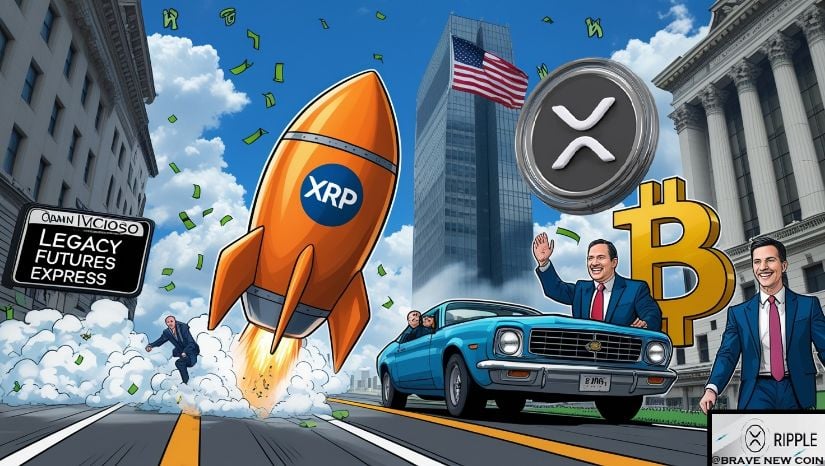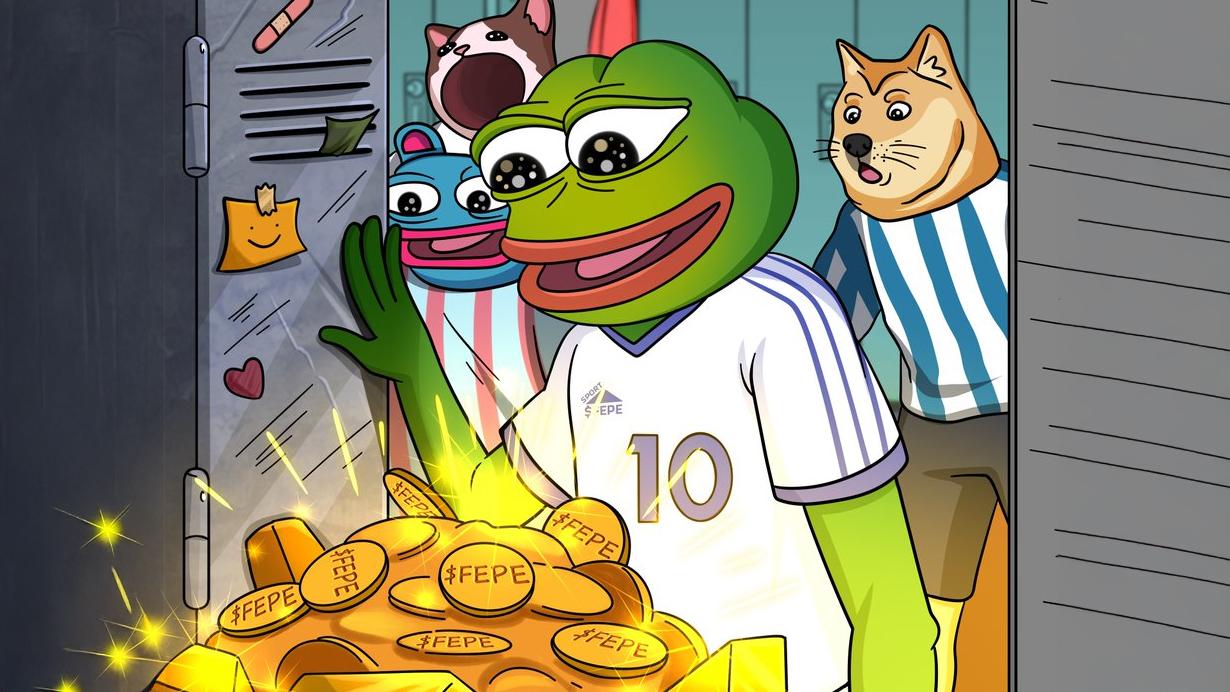Polarizing Pick: Shedeur Sanders excelled in two seasons as Colorado’s quarterback, but ahead of the draft, some NFL team executives questioned both his attitude and his physical tools.
Christian Petersen/Getty Images
While some of the best college football players in the country gathered in Green Bay on Thursday night to take the stage at the 2025 NFL Draft, former University of Colorado star Shedeur Sanders spent the evening watching the first round on television. That decision—somewhat unexpected for a high-profile prospect known for his swagger, his diamond chains and his famous father, Pro Football Hall of Famer Deion Sanders—ultimately spared the 23-year-old quarterback an awkward night in Lambeau Field’s green room as Sanders waited through the entirety of the first round, only not to hear his name called.
“Draft time is not real time,” says longtime NFL agent Leigh Steinberg, who doesn’t work with Sanders but has represented dozens of first-round picks and guided former Steelers quarterback Ben Roethlisberger through a draft-day slide to No. 11 overall in 2004. “It’s water-torture time. Every second seems like a minute. Every minute seems like an hour. Drip, drip, drip.”
And for Sanders, the waiting wasn’t even the hardest part. Each passing moment meant his first NFL payday would shrink.
The NFL’s collective bargaining agreement scales pay for rookies based on when they are drafted. Caleb Williams, taken No. 1 overall by the Chicago Bears last year, signed his class’ biggest contract, for $39.5 million over four years, with a $25.5 million signing bonus. Meanwhile, the first pick of the second round in 2024, wide receiver Keon Coleman, got $10.1 million over four years from the Buffalo Bills, with a $4.1 million signing bonus—translating to a loss of more than $29 million in potential income across the deal, with nearly $21 million less upfront.
At the moment, it’s impossible to say exactly how much Sanders’ tumble down draft boards will cost him because the NFL hasn’t yet finalized the 2025 slot values, but the league believes the rookie pool will see a significant increase this year, suggesting the gap between No. 1 and the second round could be even wider.
In December, FanDuel listed Sanders as the -180 favorite to be taken first overall (meaning a bettor would have to wager $180 to win $100). Those odds spiked to +10,000 (bet $100 to win $10,000) by Thursday, and any lingering hope evaporated that evening when the Tennessee Titans made University of Miami quarterback Cam Ward the top pick.
All in the Family: Shedeur Sanders was coached by his famous father, Deion Sanders, at both Colorado and Jackson State.
Julio Aguilar/Getty Images
Until recently, however, Sanders was still seen as likely to go in the top 10, and perhaps the top three, after throwing for a Big 12-best 37 touchdowns in his senior season. Sanders, who spent two seasons at Jackson State with his father as his coach before they both made the jump to Colorado, finished his two years with the Buffaloes with 7,364 passing yards and a total of 72 touchdowns (passing and rushing), winning the Big 12’s Player of the Year Award this past season and earning second-team all-American honors from the Associated Press.
When Sanders attended the NFL Combine in February, choosing only to meet with teams and declining to work out, he received mixed reviews. One unnamed team executive defended Sanders in an ESPN article, calling him a “thoughtful person,” but that comment received far less attention than an assistant coach’s recent assertion to the NFL Network that Sanders gave “the worst formal interview I’ve ever been in in my life.”
Other unnamed team executives have called Sanders “arrogant,” “brash” and “unprofessional,” and the criticism that he comes off as entitled was bolstered by his remarks in an interview with a scouting service at the combine, published by ESPN after the network obtained video of the conversation. For instance, regarding his upbringing, Sanders said, “I don’t have a trust fund personally, so I have no choice but to be successful”—apparently brushing aside the nearly $57 million his father earned between his 14 seasons in the NFL and nine in MLB, according to estimates by Spotrac and Baseball-Reference, as well as the five-year, $54 million extension the elder Sanders recently signed to remain Colorado’s coach.
Beyond the sniping about Shedeur Sanders’ attitude, some critics publicly questioned his physical tools and wondered aloud if he would be worth the media circus that would surely come with his larger-than-life father. Deion, for his part, told USA Today this week that the commentary was “laughable,” “venomous” and “predictable.”
Regardless of how the draft process played out, though, Sanders shouldn’t have to worry too much about money. In addition to the millions he will earn on his playing contract, he has already signed endorsement deals with brands including Gatorade and Panini. And while falling into the second round, or even later, isn’t the scenario Sanders likely imagined for himself, it may not be the worst thing for his pro prospects.
“The nature of the draft is to give the teams that are performing the least effectively a higher pick,” says Steinberg, the longtime agent, “and for the momentary disappointment of not being picked quite as high, going to a quality organization may ensure years and years of productivity for a quarterback. So fit is important.”
MORE FROM FORBES
Source: https://www.forbes.com/sites/justinbirnbaum/2025/04/24/heres-how-much-shedeur-sanders-nfl-draft-slide-could-cost-him/









